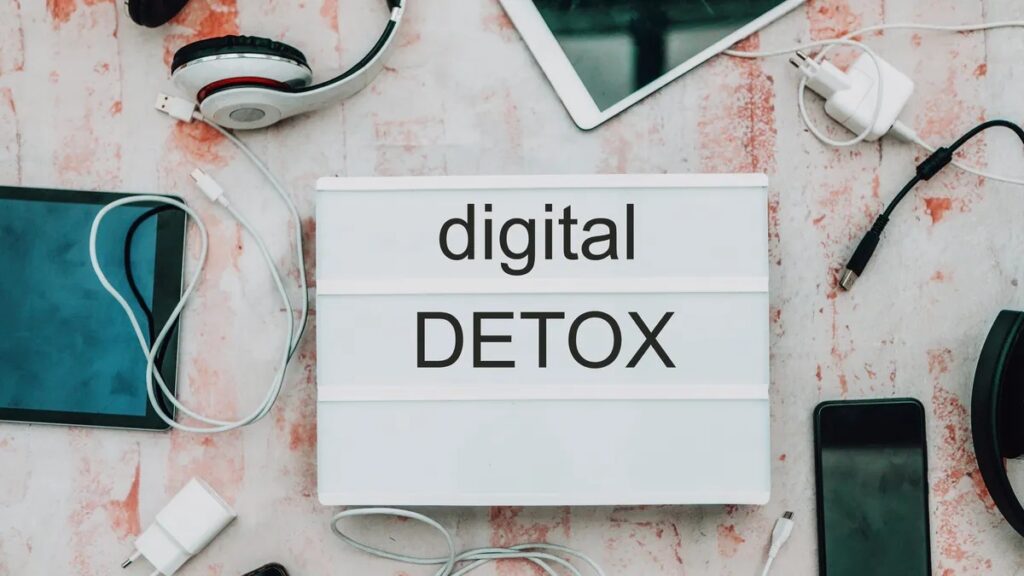In the age of hyperconnectivity, where every aspect of our lives is intertwined with digital devices, the need for a digital detox has become more apparent than ever. From smartphones to smart homes, our daily routines are heavily influenced by technology, often leading to stress, burnout, and a sense of being constantly overwhelmed. This article explores the concept of digital detox, its importance in maintaining a balanced life, and practical strategies to achieve a healthier relationship with technology.
The Hyperconnected Reality
The advent of smartphones, social media, and the Internet has undoubtedly transformed the way we live and communicate. While these advancements have brought numerous benefits, they have also ushered in a hyperconnected reality where we are constantly bombarded with notifications, updates, and the pressure to stay connected at all times. The boundary between work and personal life has blurred, making it challenging to detach from the digital world.
The Impact on Mental Health
The incessant use of digital devices and the constant exposure to online content have been linked to various mental health issues. Anxiety, depression, and feelings of inadequacy can arise from comparing oneself to others on social media. The pressure to be constantly available for work-related communication can lead to burnout and increased stress levels. Recognizing these challenges is the first step toward understanding the importance of a digital detox.
What is Digital Detox?
Digital detox is a conscious and temporary withdrawal from the use of digital devices and technology. It involves creating intentional spaces of time where individuals disconnect from screens and focus on real-world activities. The goal is to reduce stress, improve mental well-being, and regain a sense of control over one’s time and attention.
Importance of Digital Detox
- Mental Well-being: Constant exposure to screens and the digital world can take a toll on mental health. Digital detox allows individuals to break free from the constant stimuli, reducing stress and promoting relaxation.
- Improved Sleep Quality: The blue light emitted by screens can disrupt sleep patterns. Engaging in a digital detox before bedtime can lead to better sleep quality, contributing to overall health and well-being.
- Enhanced Productivity: Continuous multitasking and constant connectivity can hinder productivity. A digital detox provides an opportunity to focus on important tasks without the distraction of notifications and alerts.
- Strengthened Relationships: Excessive screen time can strain personal relationships. Disconnecting from digital devices allows individuals to be fully present with their loved ones, fostering stronger connections.
- Increased Awareness: Digital detox encourages individuals to be more mindful of their screen time habits. This awareness can lead to healthier technology usage and a more balanced approach to incorporating digital devices into daily life.
Practical Strategies for Digital Detox
- Schedule Device-Free Time: Designate specific times during the day when you commit to being completely device-free. This could include meals, family time, or the first hour after waking up and before going to bed.
- Create Tech-Free Zones: Designate certain areas in your home as tech-free zones. For example, the bedroom can be a sanctuary free from screens, promoting better sleep and relaxation.
- Turn Off Notifications: Disable non-essential notifications on your devices to reduce the constant stream of interruptions. This allows you to check messages and updates on your own terms, minimizing distractions.
- Set Boundaries for Work: Establish clear boundaries between work and personal time. Avoid checking work emails or messages during non-work hours to prevent burnout and maintain a healthy work-life balance.
- Engage in Offline Hobbies: Rediscover the joy of offline activities such as reading physical books, practicing a hobby, or spending time in nature. These activities not only provide a break from screens but also contribute to personal fulfillment.
- Digital Declutter: Regularly assess and declutter your digital life. Unsubscribe from unnecessary email lists, organize your digital files, and delete apps that no longer serve a purpose. A clutter-free digital space can contribute to a clearer mind.
- Promote Face-to-Face Interaction: Whenever possible, opt for face-to-face interactions over digital communication. This can strengthen personal connections and reduce reliance on digital platforms for socializing.
Conclusion
In the relentless pace of our hyperconnected world, finding balance through a digital detox has become imperative for our well-being. As we navigate the delicate equilibrium between technology and life, embracing moments of disconnection can foster mindfulness and restore a sense of presence. For insightful perspectives on maintaining this equilibrium, explore articles on digital well-being at https://techhbs.com/. In the quest for a harmonious relationship with technology, the wisdom shared on this platform can guide us toward a more balanced and fulfilling existence.

